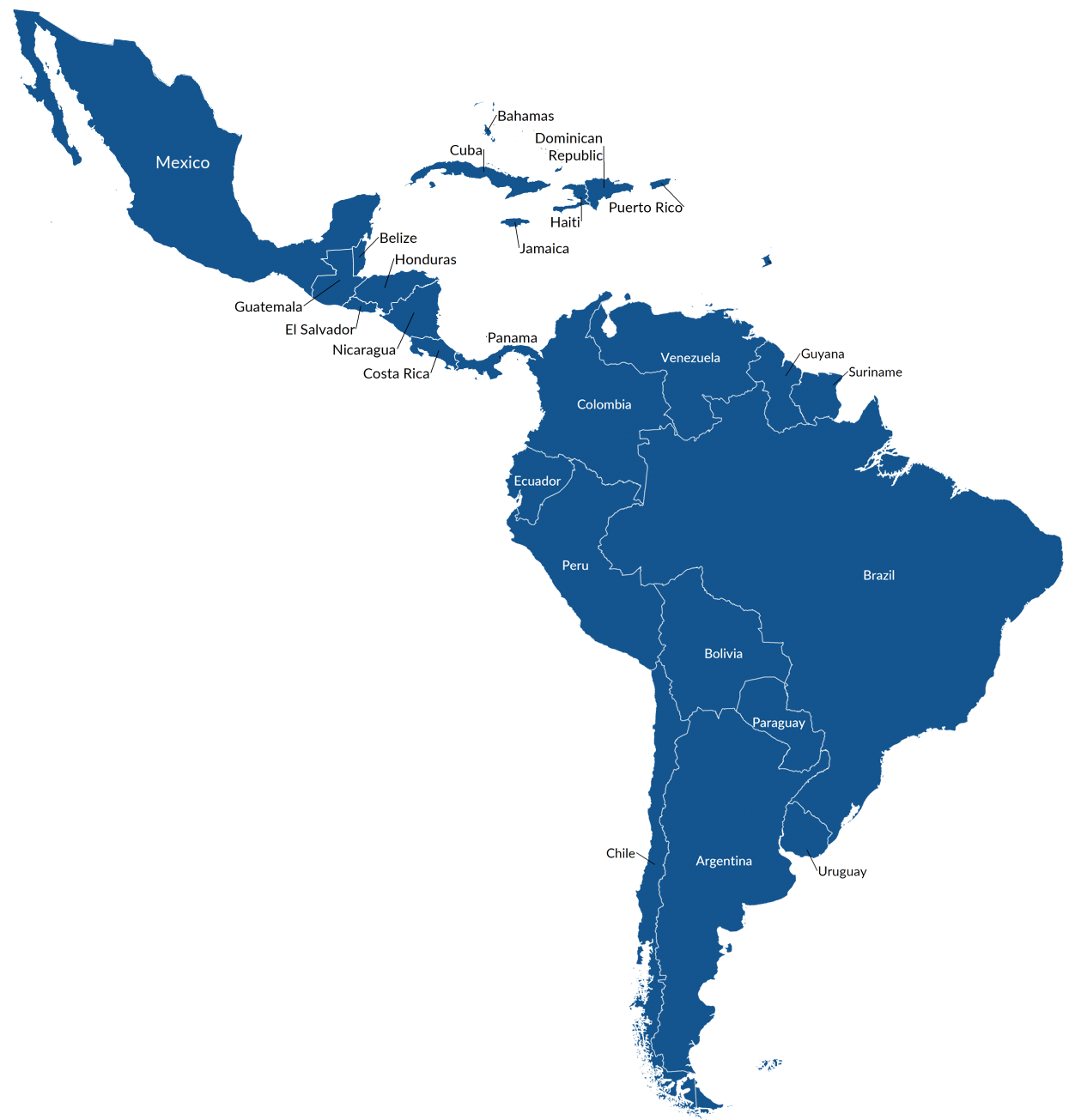The Washington Post published an editorial on June 12, 2023, entitled “The case of Oswaldo Payá’s death in Cuba is not closed.” (Click here to read it.) It was based on a report by the OAS’s Inter-American Commission on Human Rights.
I wrote a letter to the editor taking issue with some assertions in the editorial. The editors responded that they were “considering” it; edited it lightly; and sent it back to me. In the end, they evidently chose not to publish it.
Here it is as submitted. A photo of the car is below:
— BEGIN —
June 15, 2023
To the Editors of the Washington Post:
Your editorial [June 12] on Cuban dissident Oswaldo Payá’s tragic death in a car crash in 2012 said the case is still “not closed.” The OAS report the editorial cites is riddled with problems – true – but efforts to politicize the case, to bash the Cuban government, have already gone on for 11 years.
The Spanish driver of the vehicle admitted on several occasions that he was speeding into a road construction zone, slammed on the brakes on a gravel surface, and T-boned the car into a tree. His Spanish driver’s license had been suspended because of repeated driving violations back in Spain. In his court testimony in Cuba three months after the crash – in a trial that the Spanish government characterized as “correct, clean and impeccable” – he rejected theories floated by Payá’s family that Cuban state security forced his car off the road. In a press statement, he asked the “international community” to stop using his case “for political purposes.” Upon his return to Spain to serve his prison term, the Spanish government and courts yet again validated the Cuban court’s finding.
The OAS report chastised the Cuban government for not participating in its hearings – a silly point because Havana’s OAS membership was suspended 60 years ago. It did not use information from the investigation that Cuba publicly released in 2012, nor foreign press reports on the trial. It ignored that all of the physical evidence supports the driver’s admission of responsibility; the damage to the vehicle itself shows the crash occurred at a very high speed – much higher than bumping by another car could have caused and much higher than construction-zone signage permitted.
The National Endowment for Democracy (NED), which funds political activities like those of Payá and his colleagues, has championed the Payá family’s claim that the Cuban government “killed” Payá. But neither NED nor the family has ever provided evidence to counter the driver and eye-witnesses’ statements. The NED is not in a position to judge how the crash occurred but perhaps should apologize to Payá’s family for its role in the operations he was conducting and let the case close.
NOTE: Photos of the car are in the public domain. I’m happy to provide.
Fulton Armstrong
— END —

